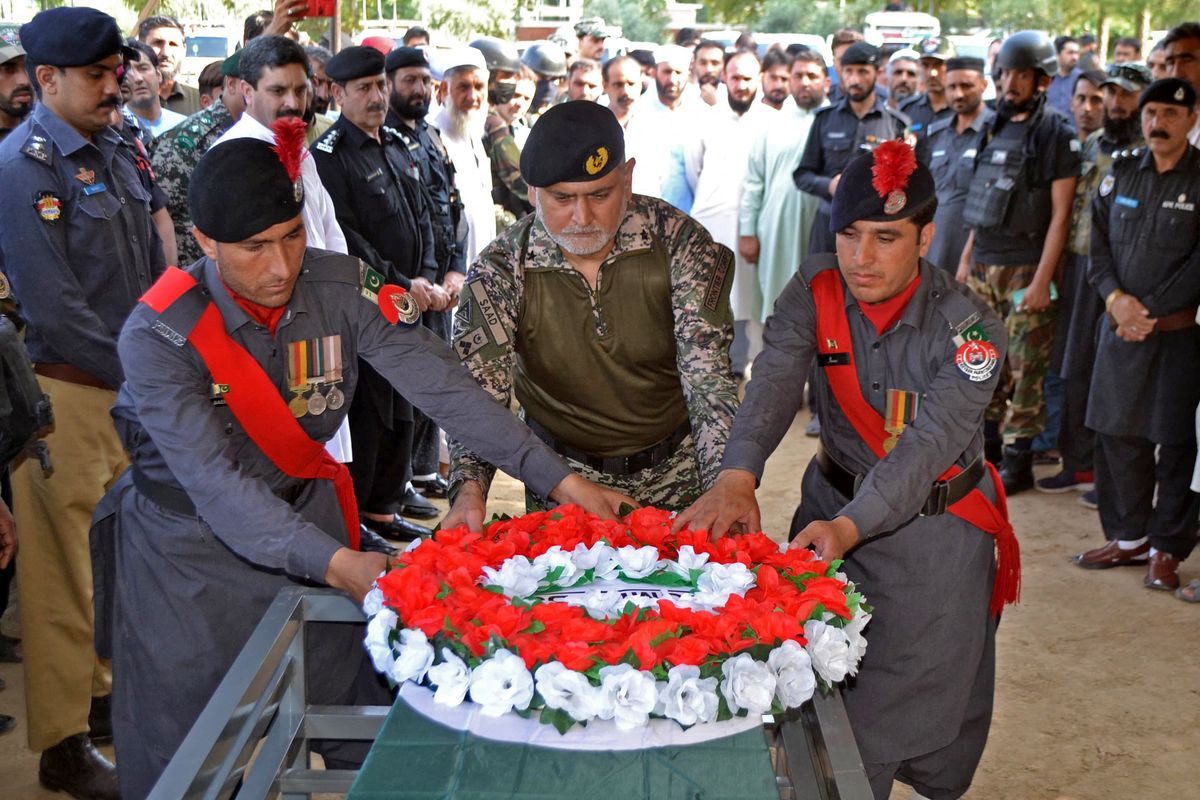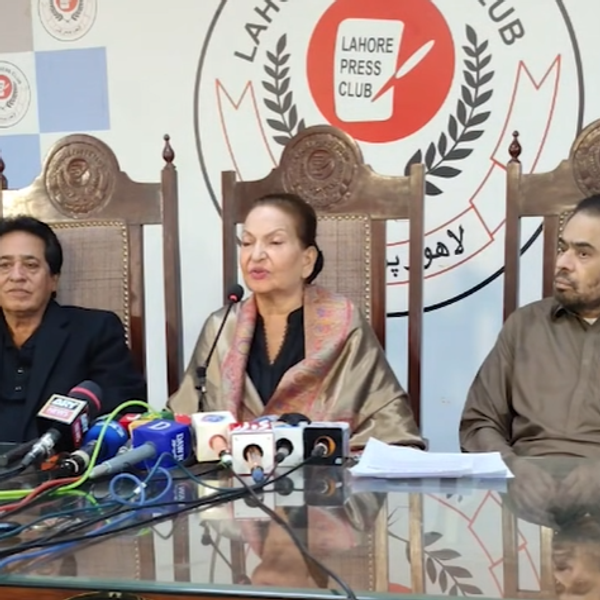Pakistan's tribal council declares murders after 9 PM won't be investigated, police object
More than 35 killed in Bajaur since January, including police and polio workers
News Desk
The News Desk provides timely and factual coverage of national and international events, with an emphasis on accuracy and clarity.

Bajaur Peace Jirga says deaths after curfew won't face retribution or police investigation
Nighttime travel between villages requires advance notice to authorities
Decision supported by multiple political parties due to absence of government authority
District Police Officer insists murders will still be investigated and killers arrested
The Bajaur Peace Jirga has declared that deaths occurring after 9 PM will not be subject to retribution or police investigation, as part of sweeping new restrictions on nighttime movement in the troubled district.
A jirga is a traditional assembly of tribal elders that makes decisions by consensus and has historically served as a parallel justice system in Pakistan's tribal regions. Bajaur, a tribal district bordering Afghanistan in Pakistan's Khyber Pakhtunkhwa province, has been grappling with increasing militant activity in recent months.
Malik Karim, announcing the decision after hours of discussion at Civil Colony, Khar, stated that if someone is killed after 9 PM, their death will not be subject to retribution, and no first information report (FIR) will be registered by police. Anyone needing to travel between villages after curfew must inform relevant authorities in advance.
An FIR is a formal police complaint that initiates criminal proceedings in Pakistan's legal system.
Justifying its decision, the jirga cited an alarming surge in violent crimes, including targeted killings, theft and robberies as the reason for imposing the curfew.
According to police sources, more than 30 incidents of targeted killings and attacks have occurred in Bajaur since January, resulting in the deaths of over 35 people, including police officers and polio workers.
Broad consultation
The jirga included tribal elders Malik Gul Karim Khan and Malik Shaheen, along with local traders. Representatives of political parties supported the move, including Akhundzada Chahtan from the Pakistan Peoples Party (PPP), Sheikh Jahanzada from the Awami National Party (ANP), and Haroon Rashid from the Jamat-e-Islami (JI).
Chahtan, the PPP representative in the jirga, told Nukta that they had no choice but to impose a curfew, as government authority is absent across the district and police remain confined to their stations after evening.
Responding to constitutional concerns, Chahtan noted that the jirga hasn't restricted movement to essential places such as hospitals and funerals.
"If the constitution guarantees freedom of movement, it also guarantees protection of citizens at the same time which the state has failed to do. So we had to take such step," Chahtan explained.
ANP representative Jahanzada, while expressing support for the jirga, stated that a wave of unrest has engulfed the entire district, with daily incidents of terrorism, targeted killings, theft, and robbery, yet government authority remains absent.
"Despite many requests to the district administration and government, no action has been taken, leaving us with no alternative," he said.
Police denies arrangement
District Police Officer (DPO) Bajaur Waqas Rafiq challenged the jirga's authority, telling Nukta that "No one is above law, police will lodge FIR and arrest murderers."
According to Rafiq, in the past three months, police have arrested 12 suspects in reported robbery cases, while targeted killings are linked to militant activity.
Legal expert Nouman Muhib Kakakhel, a practicing lawyer at the Peshawar High Court, noted that Article 15 of Pakistan's Constitution guarantees freedom of movement, subject to certain conditions.
"If the jirga's unwritten rule about unwanted movement is for safety of people, and no one is aggrieved, it can be acceptable, but forgiveness of murder is always unlawful and unconstitutional because law doesn't allow killing in self defense, it just allows a reasonable force," he clarified.
Local resident Fazal Rehman believes the decision with some positive impacts stands on no constitutional footing.
"It will pressurize and discourage miscreants and terrorists as they would feel that there are being watched and can be shot, but I don't think everyone will follow the decision because ban after 9 pm gives an impression of war zone and is against people's will," he contended.
Surging violence
The region has seen a resurgence of militant activity following the Taliban takeover of neighboring Afghanistan in 2021.
The jirga was convened by JI following the murder of Muhammad Hamid Sufi, who was the local chapter general secretary of the party and president of Bajaur traders. On November 15, Sufi was killed when unknown gunmen opened fire on him in Inayat Kallay area of Khar tehsil while he was returning home.
At the conclusion of the Bajaur Peace Jirga, a grand jirga has been announced on December 8 in Mingora, the largest city in the Swat District of Khyber Pakhtunkhwa, to which elders from all tribes and districts of Malakand division have been invited.
*Reporting by Kamran Ali










Comments
See what people are discussing